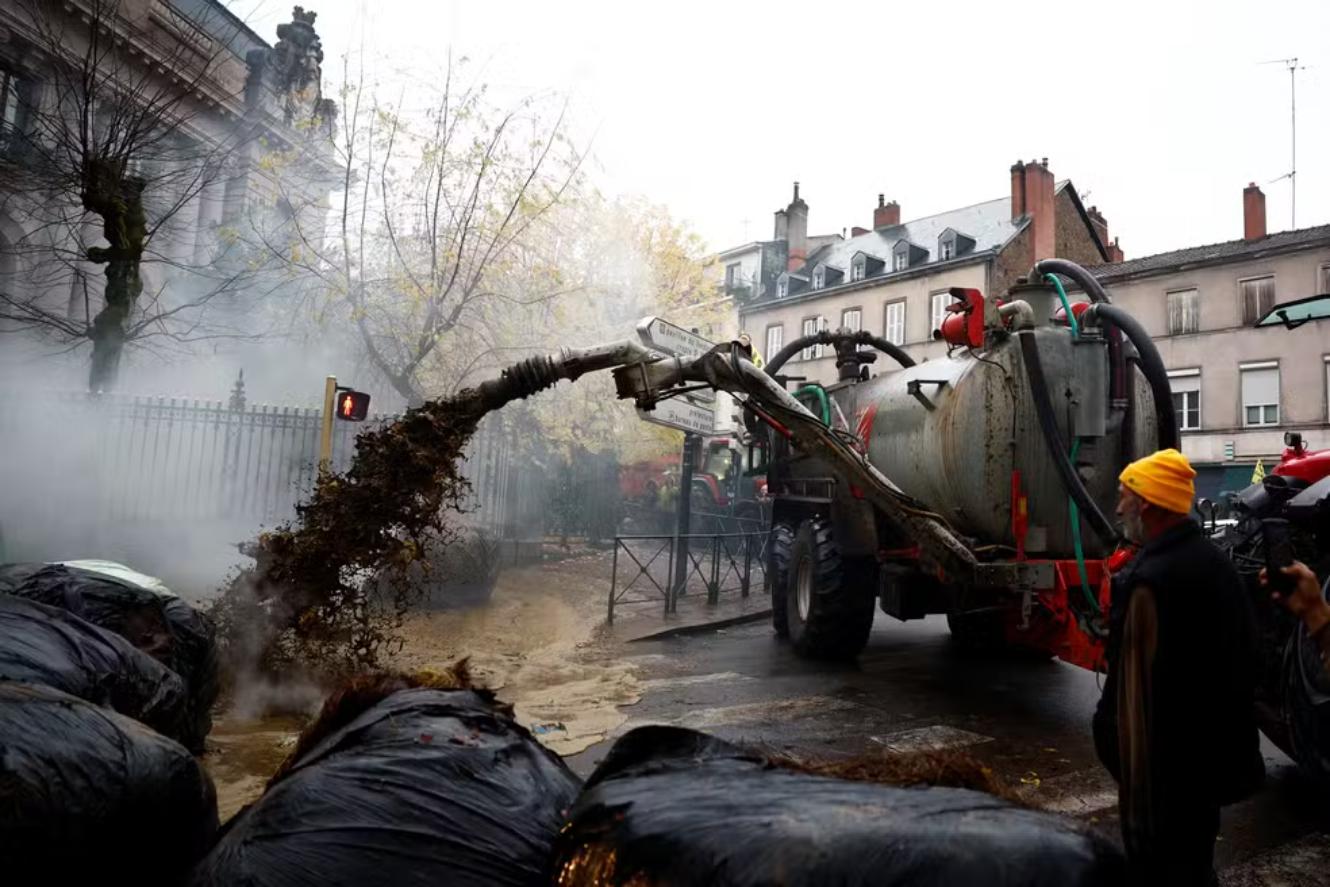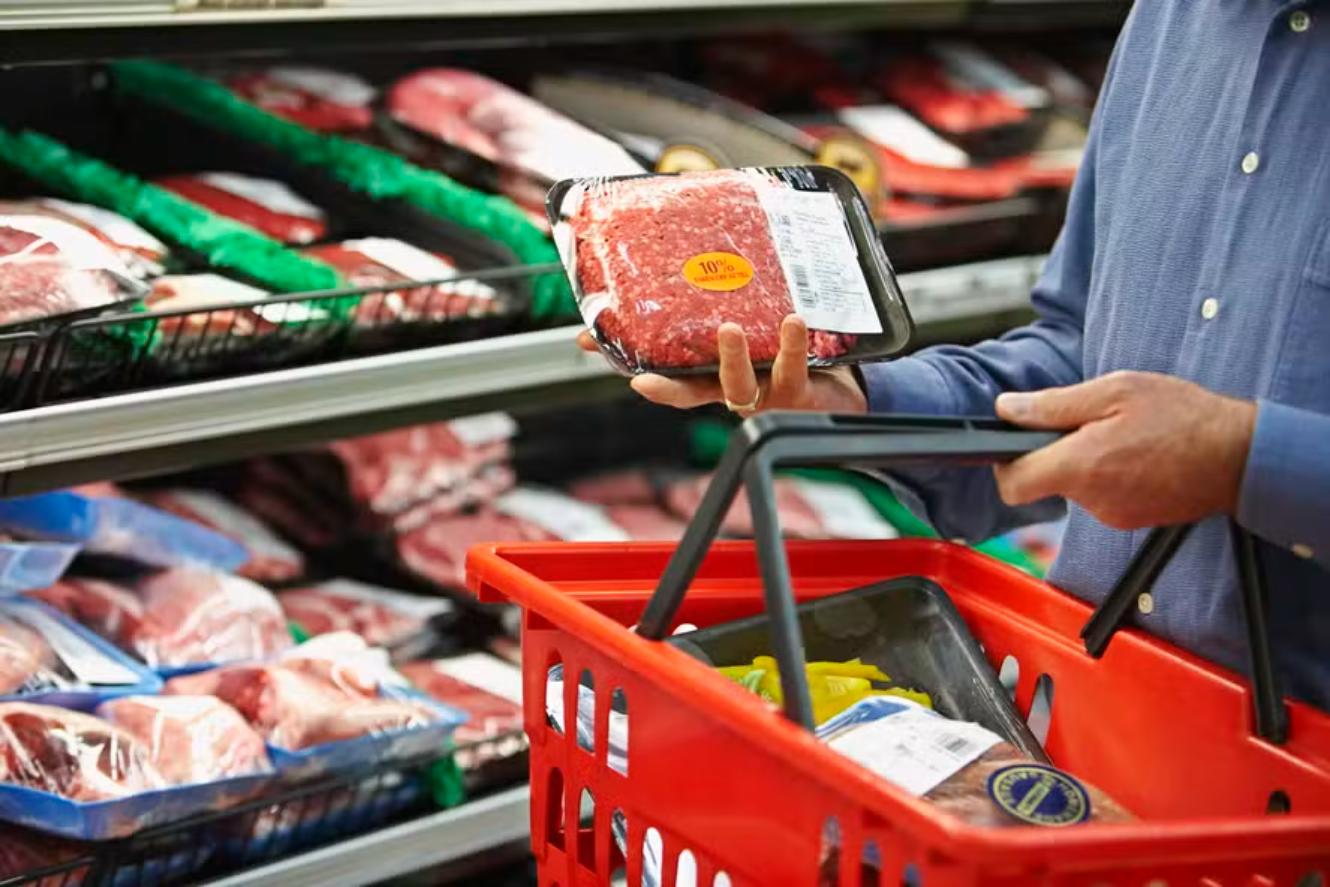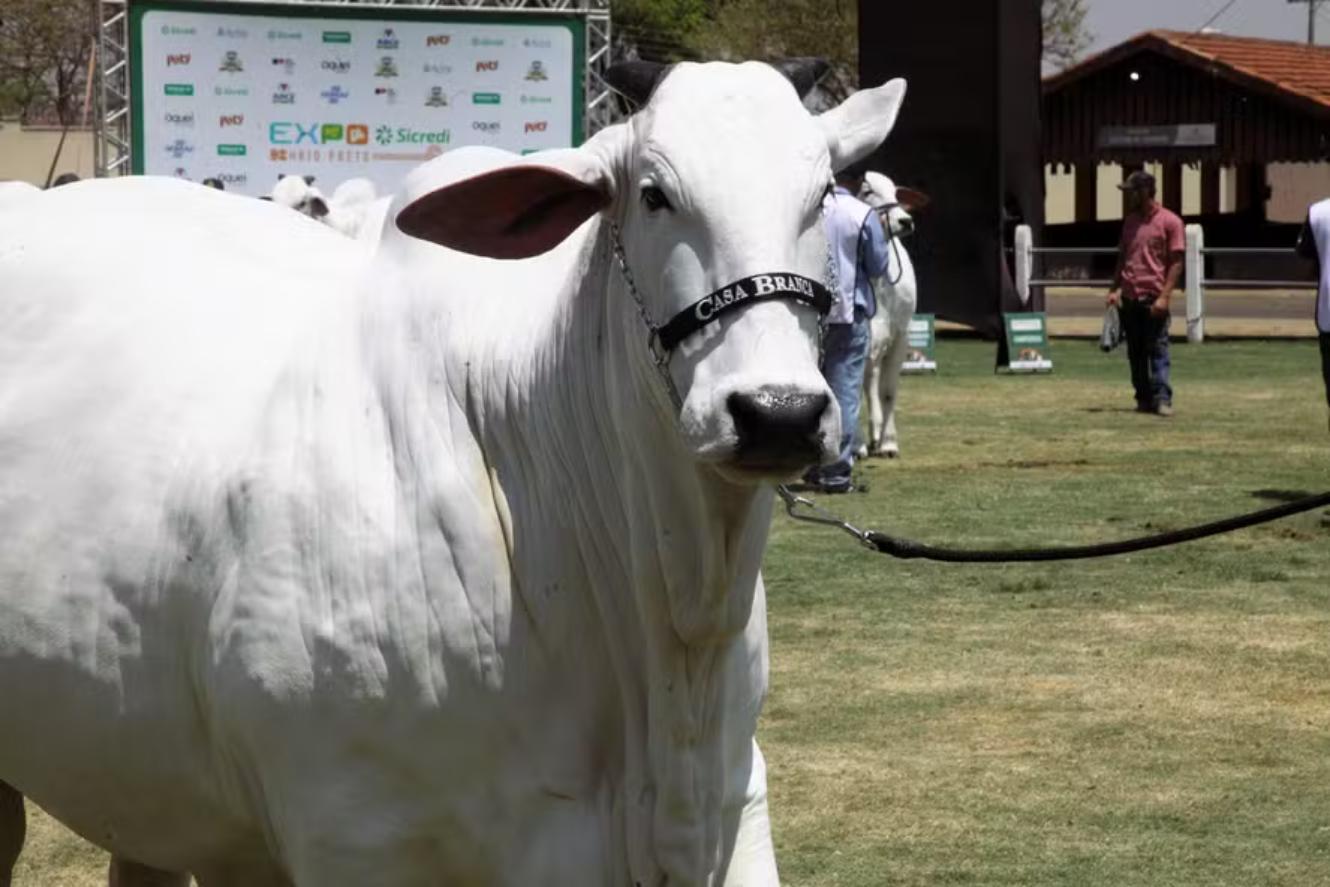Carrefour’s Decision and Farmers’ Protests
Carrefour recently announced that its stores in France would stop purchasing meat from Mercosur countries. This decision comes amid protests by French farmers against a potential free trade agreement between the European Union (EU) and the Mercosur bloc, which primarily benefits Brazil.
During the G-20 meeting in Rio de Janeiro, French farmers demonstrated dissatisfaction with the EU-Mercosur agreement. Protesters dumped manure, spilled wine, and blocked roads in France. On the third day of protests, Carrefour’s CEO issued a letter to French farmers, stating that Mercosur meat would no longer be sold in French stores.
While the ban only applies to France—where Carrefour primarily sells local meat—Brazilian agricultural associations criticized the move, stating that Mercosur meat should not supply Carrefour in any country if it’s rejected in France.
What Is the EU-Mercosur Agreement?
The EU-Mercosur trade agreement aims to reduce or eliminate import and export tariffs between the two blocs. Negotiations began in 1999, with a deal signed in 2019. However, its implementation has been delayed due to disagreements among EU member states.
Key points related to agribusiness include:
- Tariff Removal: 82% of Mercosur’s agricultural exports to the EU would be tariff-free.
- Specific Benefits for Brazilian Exports: Products like orange juice, fruits, soluble coffee, seafood, and vegetable oils would see tariffs eliminated.
- Preferential Treatment: Brazilian beef, pork, poultry, sugar, and ethanol exports would receive preferential terms.
- Safeguards: Temporary measures can be implemented to protect domestic producers in case of unexpected surges in imports.
- Environmental Commitments: Both blocs pledge to enforce the Paris Agreement, addressing deforestation and greenhouse gas emissions.
For the agreement to take effect, it must be ratified by all 31 countries involved. Brazil’s Agriculture Minister, Carlos Fávaro, expressed optimism that the deal might be finalized during the Mercosur summit on December 6.
Why Is the Agreement Facing Opposition?
European farmers, particularly in France, oppose the deal, fearing:
- Loss of Market Share: Cheaper, high-volume imports from Mercosur, particularly Brazil, would increase competition.
- Perceived Unfairness: Farmers argue that Mercosur products aren’t subjected to the same environmental and social standards as those in Europe.
France, a major player in European agriculture, has leveraged its political influence to delay the agreement. President Emmanuel Macron stated that France would not approve the deal “as it stands.” Similar resistance is seen in Italy, Austria, and Ireland.
Environmental and Agricultural Standards
Critics often claim that Brazilian agriculture lacks stringent environmental regulations. However:
- Brazil’s Forest Code: Requires landowners to preserve portions of native vegetation (80% in the Amazon, 35% in the Cerrado, 20% elsewhere).
- European Standards: While the EU has environmental laws, farmers receive subsidies for compliance, unlike Brazil, where preservation is mandated by law.
Conclusion
The EU-Mercosur agreement offers significant opportunities for Brazil, including an estimated 0.46% increase in GDP, according to IPEA. However, it remains stalled due to political resistance, environmental concerns, and the strong influence of European agricultural interests. Whether the deal moves forward hinges on addressing these complex challenges.




